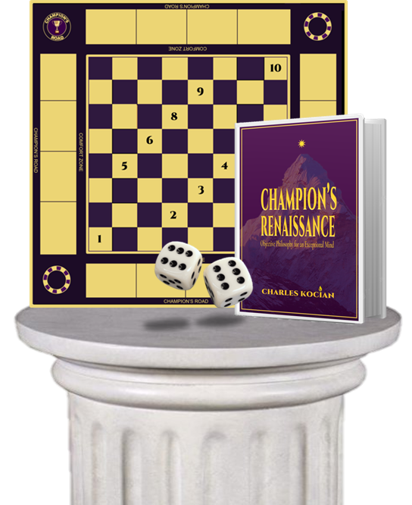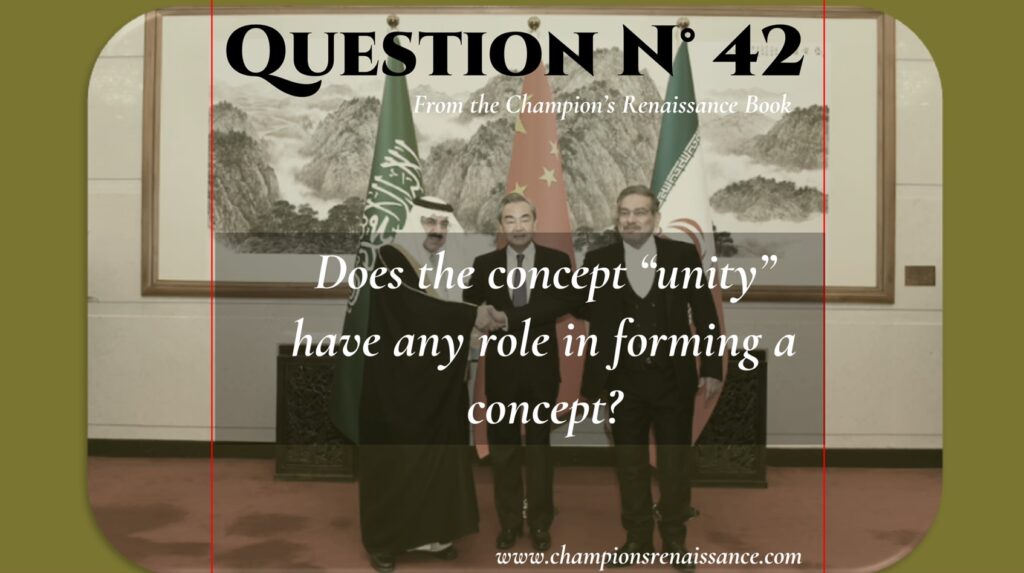
(Answer at the end).
REASON
By Charles Kocian
Backed by China, last Friday Iran and Saudi Arabia agreed to re-establish diplomatic relations. They will reopen embassies after seven years of tensions, lowering the chances of armed conflict between the Mideast rivals. A multipolar world order emerges in a region dominated by the U.S. for decades. This is as “a victory of dialogue and peace.” Wang Yi, China’s top diplomat said. The three countries said that the agreement is an “affirmation of the respect for the sovereignty of states and non-interference in internal affairs.”
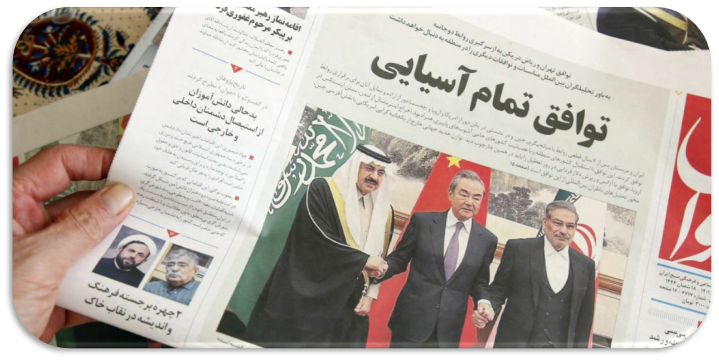
Stéphane Dujarric, United Nations spokesperson, thanked China for its role in the deal, saying that “good neighbourly relations between Iran and Saudi Arabia are essential for the stability of the Gulf region.”
This is a big power shift in the world’s geopolitical tectonic plates, considering that Russia, Iran and Saudi Arabia produces most of the global energy. Obviously, the tide is favouring the East and the BRICS, where it seems that reason and respect for international treaties still prevail.

St Thomas Aquinas: Bridging Faith and Reason. Source Image: www.idlespeculations.com
A similar shift, but of a different nature, happened before the Renaissance, when in the year 1245 Thomas Aquinas travelled to the University of Paris for an important debate about Aristotle’s ideas. The young Aquinas studied under Pope Albert the Great, who believed Aristotle’s view of the world was compatible with that of Christianity. From all Aristotle’s ideas, the one that most influenced Thomas Aquinas, was that knowledge is not innate, as Plato believed, but gained from the information of the senses and from logical inference from self-evident truths.

School of Athens: Plato and Aristotle at the center.
In ancient Greece, Aristotle disagreed with Plato’s philosophy, in metaphysics, although he was his teacher for 20 years. Plato believed that existence exists in a supernatural world he called “The World of Forms”. It was an invisible inmaterial world, and the material world was a shadow of it. Aristotle rejected that metaphysics, and discovered he could understand the world observing and studying it using its senses and logic, through evidence, like modern science.
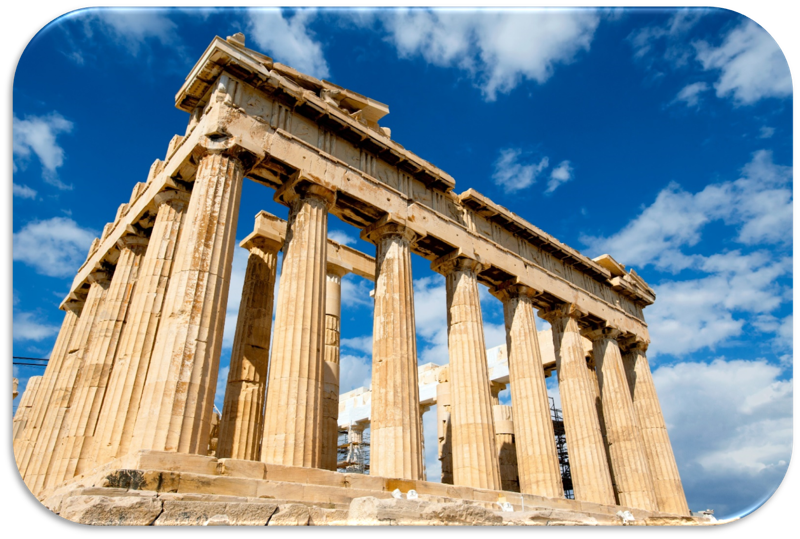
Parthenon.
But modern science today is too much specialized. It has created compartamentalized ethics, therefore a compartamentalized happiness. That was not the idea of happiness of the ancient Greeks. For them it was “eudaimonia”, a complete holistic happines, not “specialized” or ephimeral isolated pleasure. Humanity lost the idea of “eudaimonia” for a poor translation from the Greek.
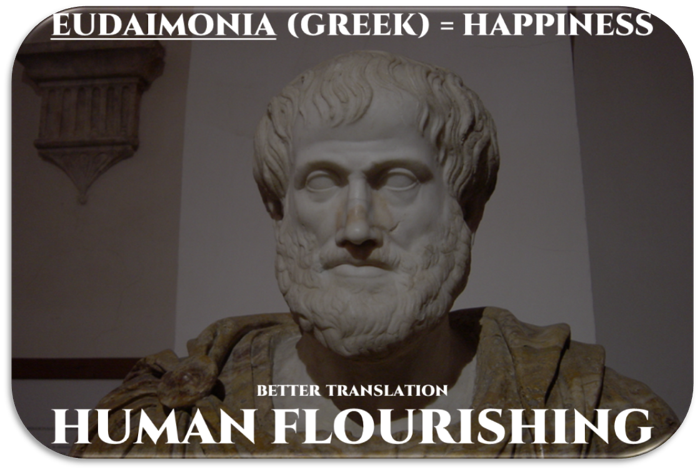
Aristotle discovered eudaimonia as the highest human good. It is the only desirable good for its own sake, and as an end in itself. “Eudaimomia” is not only happiness but a complete good human realization, achieved only through rational virtue. If man is a rational-animal, then, its Telos (natural given purpose in life) is eudaimonia.
CONCLUSION
Man begins to count when he begins to say its first words. Its rational faculty includes its ability to count, “units” use by maths. Man way of thinking is through units, and the same he does when he forms a concept, like “apple”, that is a kind of album of photos with pictures of apples. Each apple is a “unit”. The “essence” of each apple is the main characteristic they share and differentiates them from everything else, just as rationality differentiates men from all other animals. Man flourishes when he fulfils its essence: reason, that is, when he becomes an exceptional mind practicing rational virtues to achieve eudaimonia.
Now answer to question 42.
QUESTION N° 42
Does the concept “unity” have any role in forming a concept?
a) Yes
b) No
The answer is: yes.
Leave your comments here.
